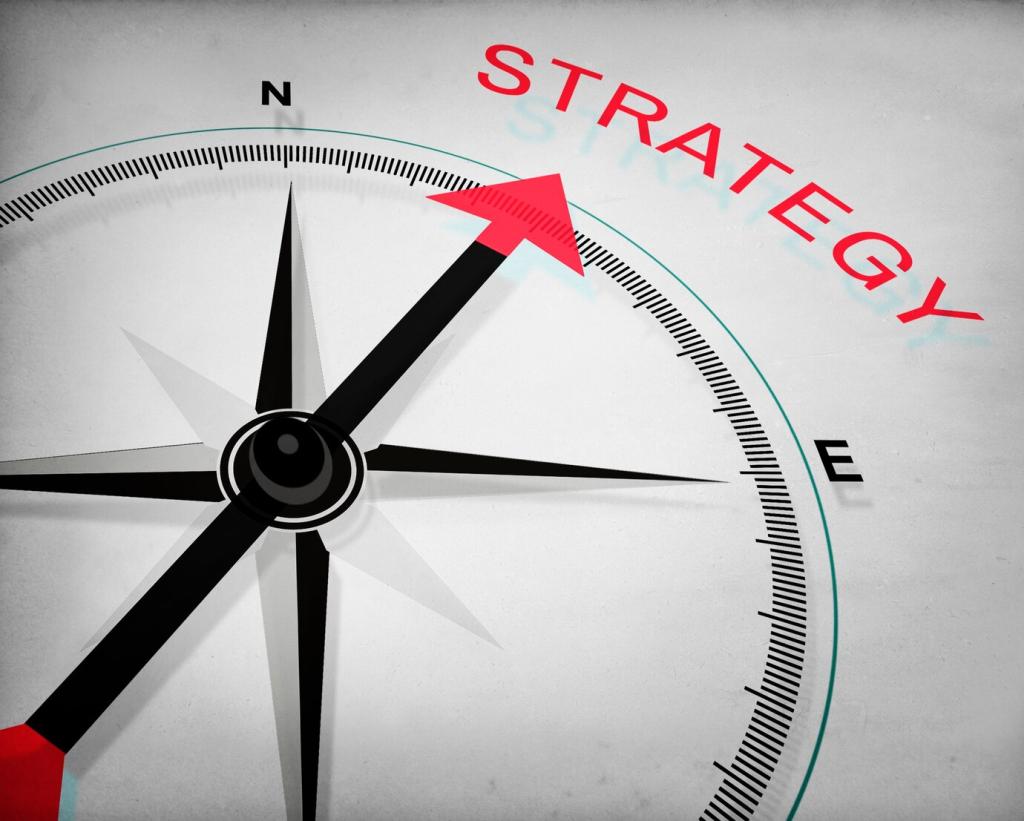Emotions, Attention, and the Courage to Say No
Pre-decide your top three weekly priorities on Sunday. Fewer choices reduce friction, leaving more willpower for the work itself. When the day begins, you execute instead of negotiate, and attention flows where it actually matters.
Emotions, Attention, and the Courage to Say No
Replace guilt with clarity. Try: “I’m focused on a critical priority this week, so I can’t commit. If helpful, I can revisit next month.” Respectful nos protect your yeses, especially the ones you owe yourself.








